By SAMANTHA CHOW
alltherage@thestar.com.my
PEOPLE always assume young people are totally tidak apa about politics and nation-building, but the ones we spoke to when we visited a few universities last week painted a very different picture.
The country has been dominated with talk about where we’re headed – especially with Malaysia Day coming up tomorrow – and there are plenty of young people out there who are either interested or actively involved in pushing the nation forward.
We went to a few universities in the Klang Valley to ask students what their visions were for the country, and their plans to make them a reality.
The issues they brought up included rape culture, shortcomings in the education system and racial unity (or disunity).
But that last one, racial unity, was something most of them stressed on, and they shared the little and big steps they’ve been taking to make a difference.
Dhesegaan Bala Krishnan, 21, from Universiti Malaya joined the Malay debate team for this reason. “I wanted to prove that even if you are of a different race, you can appreciate another language. Even if you are an Indian or Chinese, you can debate in Malay.”
Ahmad Azri Abdullah, 22, believes young people can help improve racial unity in Malaysia through simple daily gestures.
“We can start easy by making the effort to talk to those of a different race simply by saying good morning or selamat pagi, you look good today. Anyone can do it,” he said.
Others like Brandon John LiPaul, 24, of KDU University College, said it’s important for young people to get involved in or initiate their own nation-building projects.
“I’ve organised projects through an NGO and through them, I learnt more about other people’s cultures, beliefs and backgrounds. These projects allow us to have a common goal. It brought us together in a way that we wouldn’t have experienced otherwise.”
Ahmad attended one such project, a youth camp organised by Yayasan Tun Razak. Having been educated in a boarding school that was attended mainly by Malay students, it was a bit of a culture shock when he had to mingle with students of various races for two weeks.
“I learnt that it wasn’t enough to learn of their customs and cultures. We need to understand the mindset and point of view of people from other races. This is how we can achieve true friendship. This is what it truly means to have the spirit of nationalism,” he said.
Here’s what the others had to say:
What is your vision for Malaysia in the next five to 10 years?
Malaysians being more aware and open to talking about social issues like rape culture and the feminist movement.
For Malaysia to be more well-known internationally – and in a good way.
To remove the exam-based education system. Our students should want to learn to gain knowledge, not simply to pass exams.
I would like to see the Malaysian economy grow rapidly. In terms of transportation, I’m happy we now have the MRT. I’ll definitely get my friends to try out the new trains once they are up and running.
I want us to not be categorised by race, but as Malaysians.
Check out the full video here!
What can Malaysian youths do to make a difference?
We should learn from the nationalism spirit of our founding fathers and apply it to our everyday lives. Treat people from different races as our brothers.
When our country experiences an obstacle, show your concern and support by not saying bad things about her.
Volunteer for programmes to help the underprivileged. Also, learn about the country’s history because it’s important to know history to achieve a better future.
Learn from men like Mahatma Gandhi and Nelson Mandela, who were brave to say what they think. However we must also know that freedom does not give us the license to say whatever we want. Rather, it is a responsibility.
Youths should step up and not wait for things to be handed to them on a silver platter. If we wait and say, ‘Oh, someone else will do it,’ nothing will get done.
What does the spirit of nationalism mean to you?
Being more open, forgiving and understanding towards other people’s religion and culture.
Being tolerant and accepting. We may not be the same but we’re living in the same country, so like it or not we have to get along.
Sitting in a mamak with your friends of all races, just chilling.
Accepting the differences in everyone else.
The feeling you get when you listen to patriotic music. That feeling symbolises your love for the country, and it has to come from within.

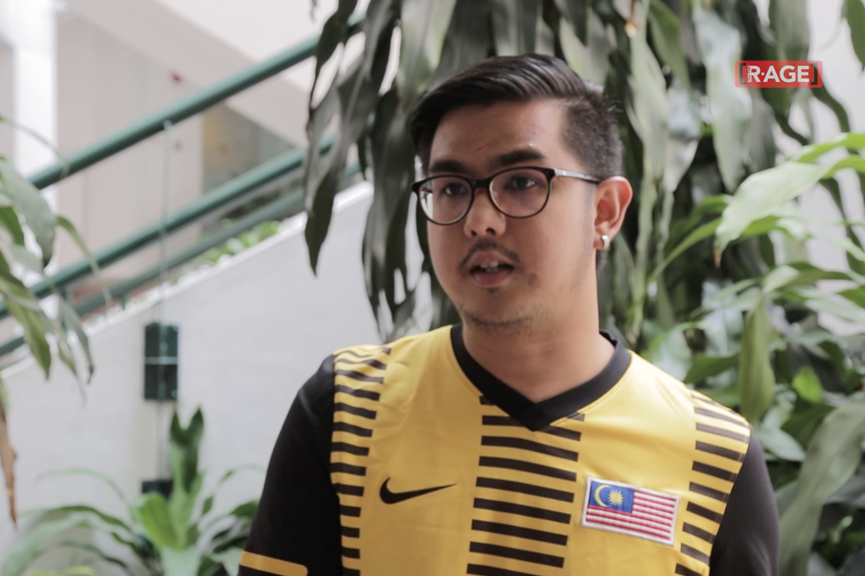
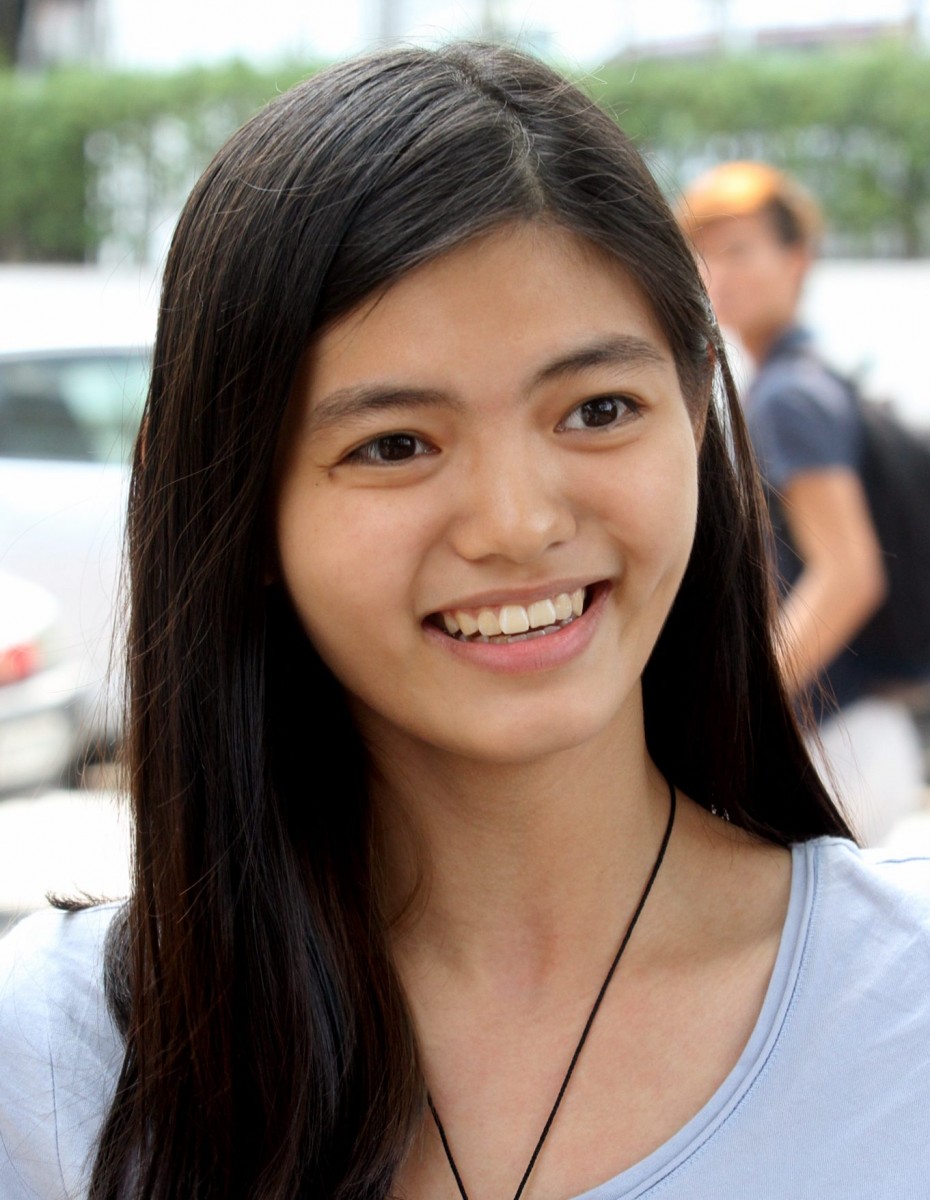
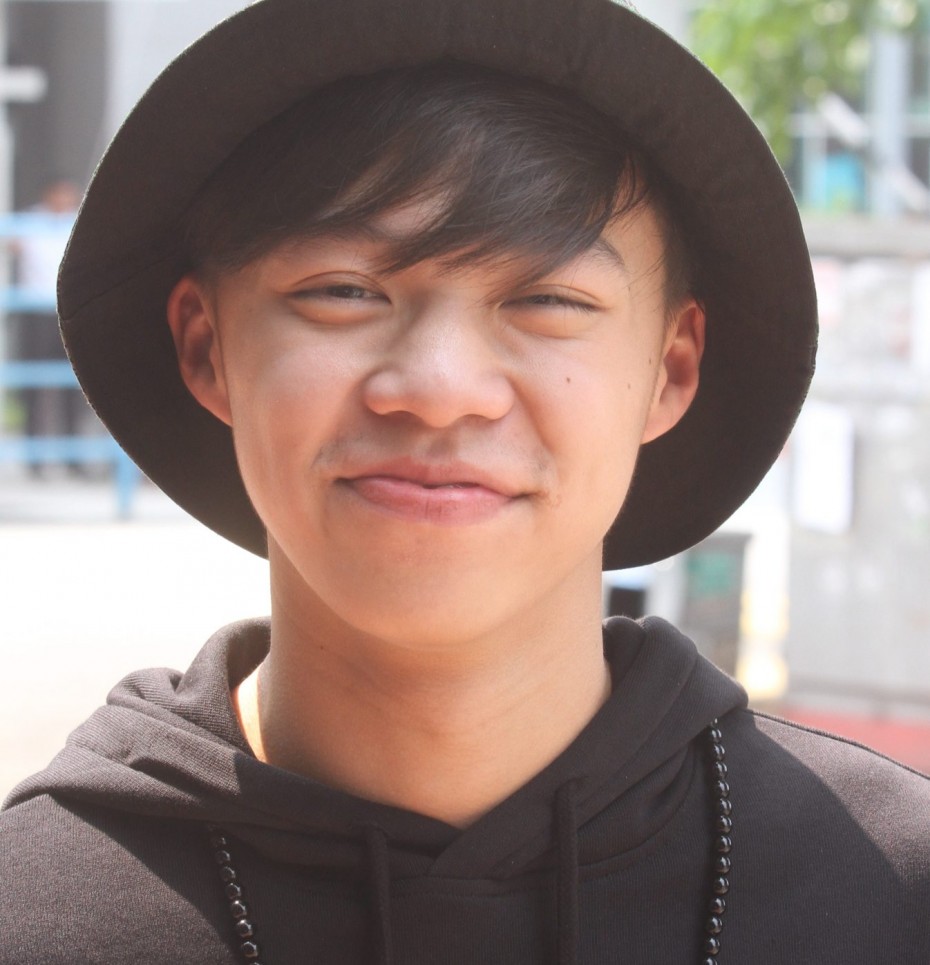
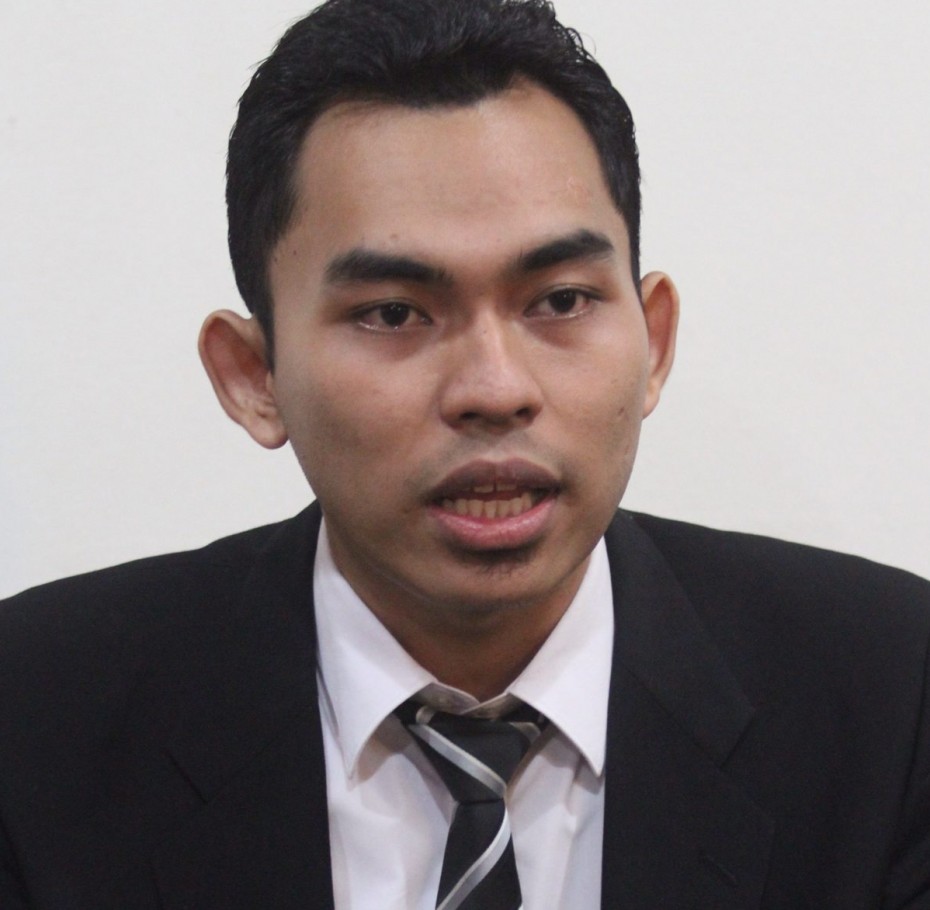
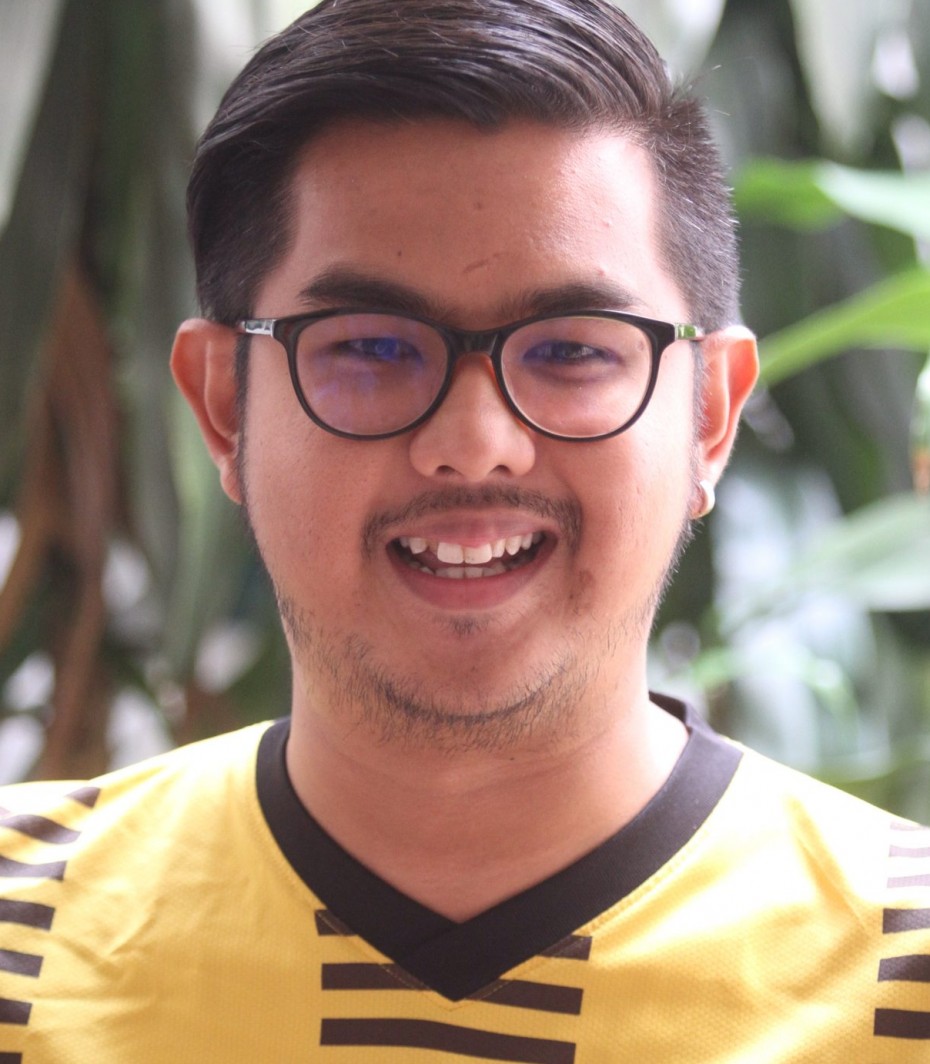
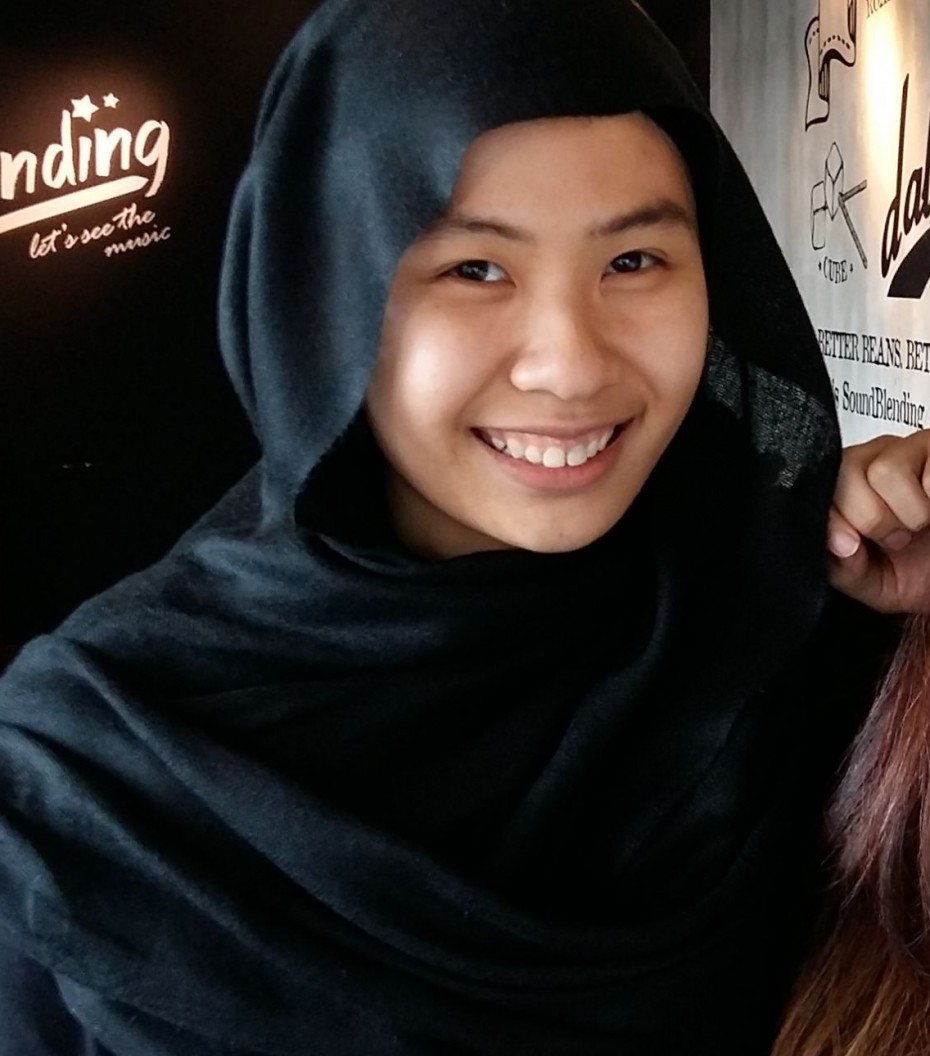
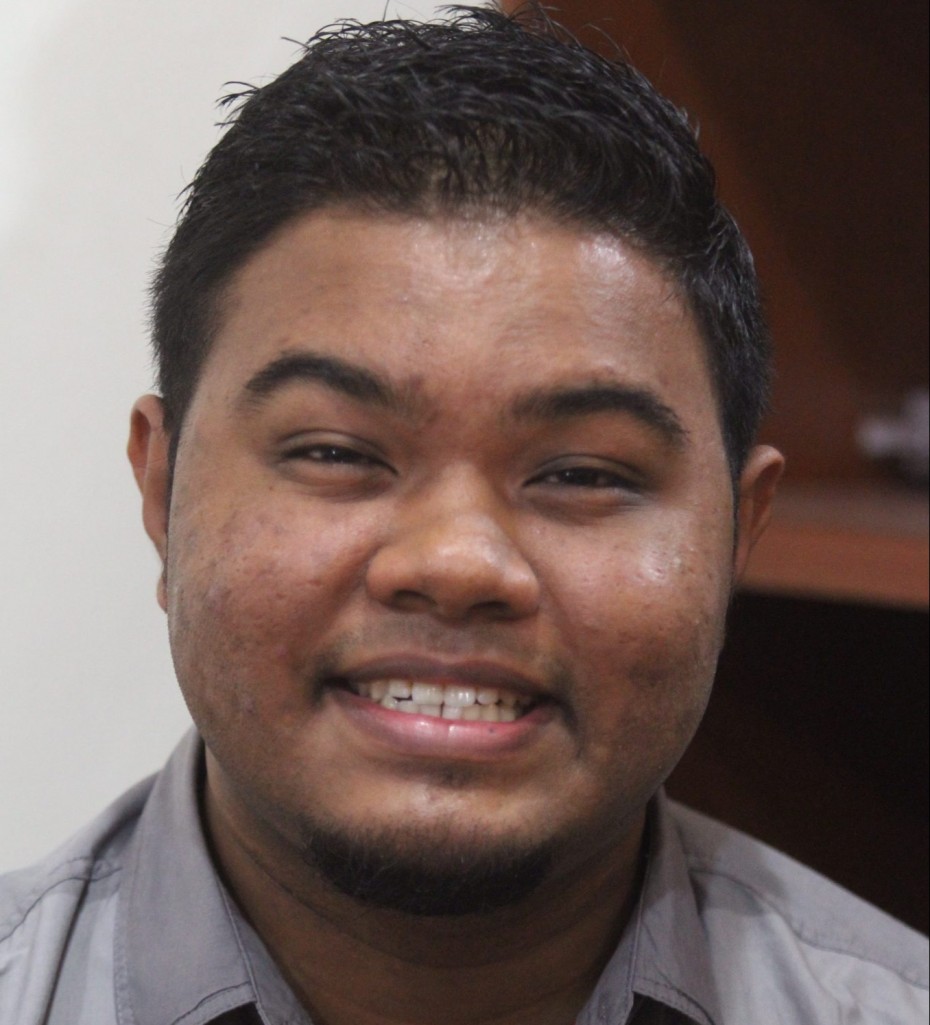
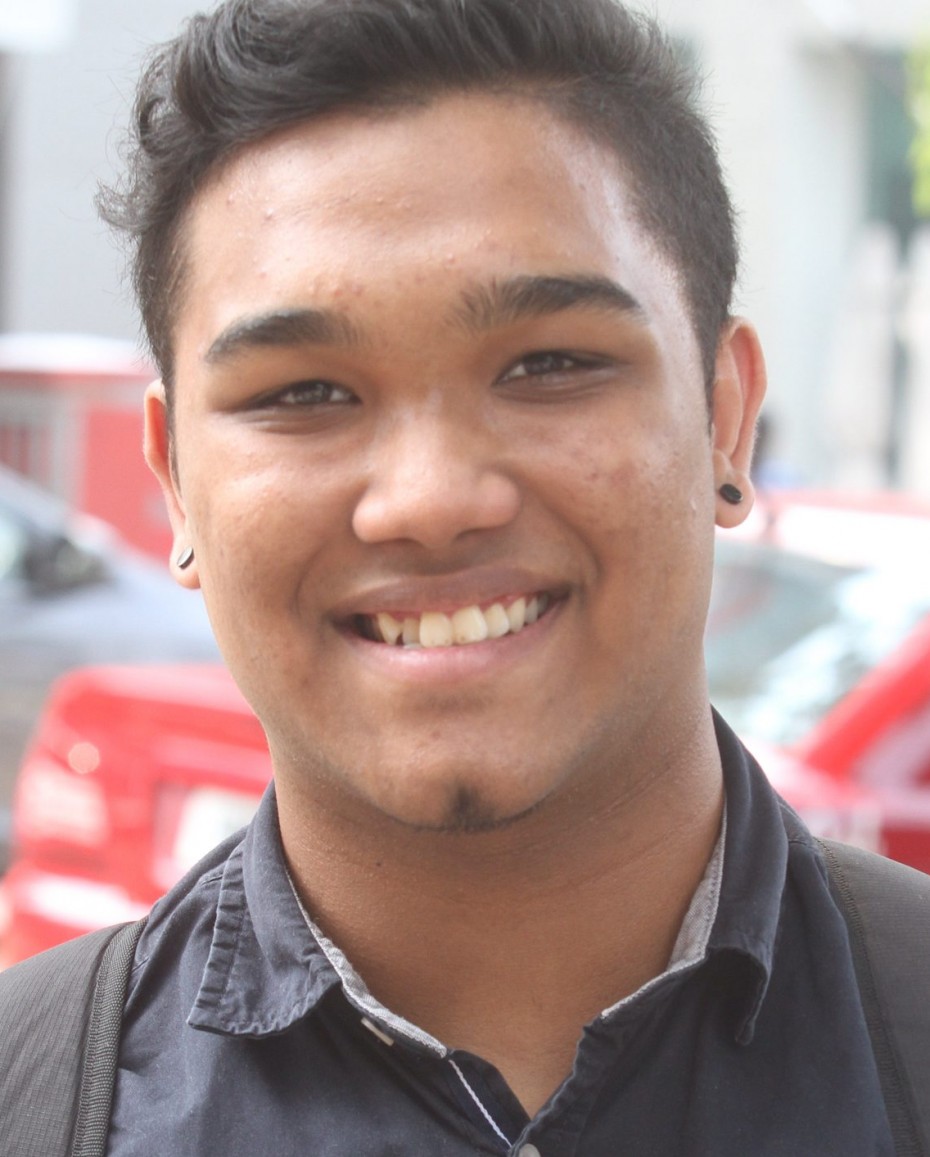
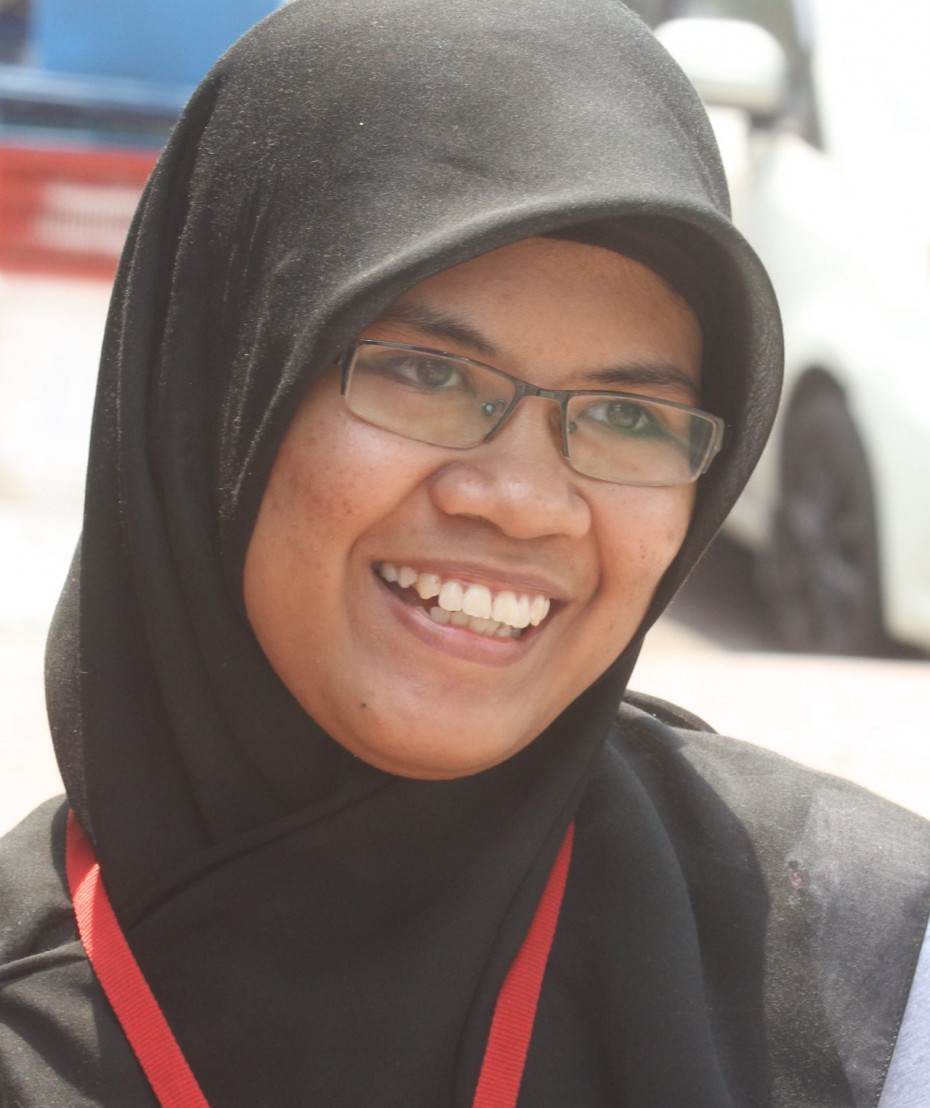
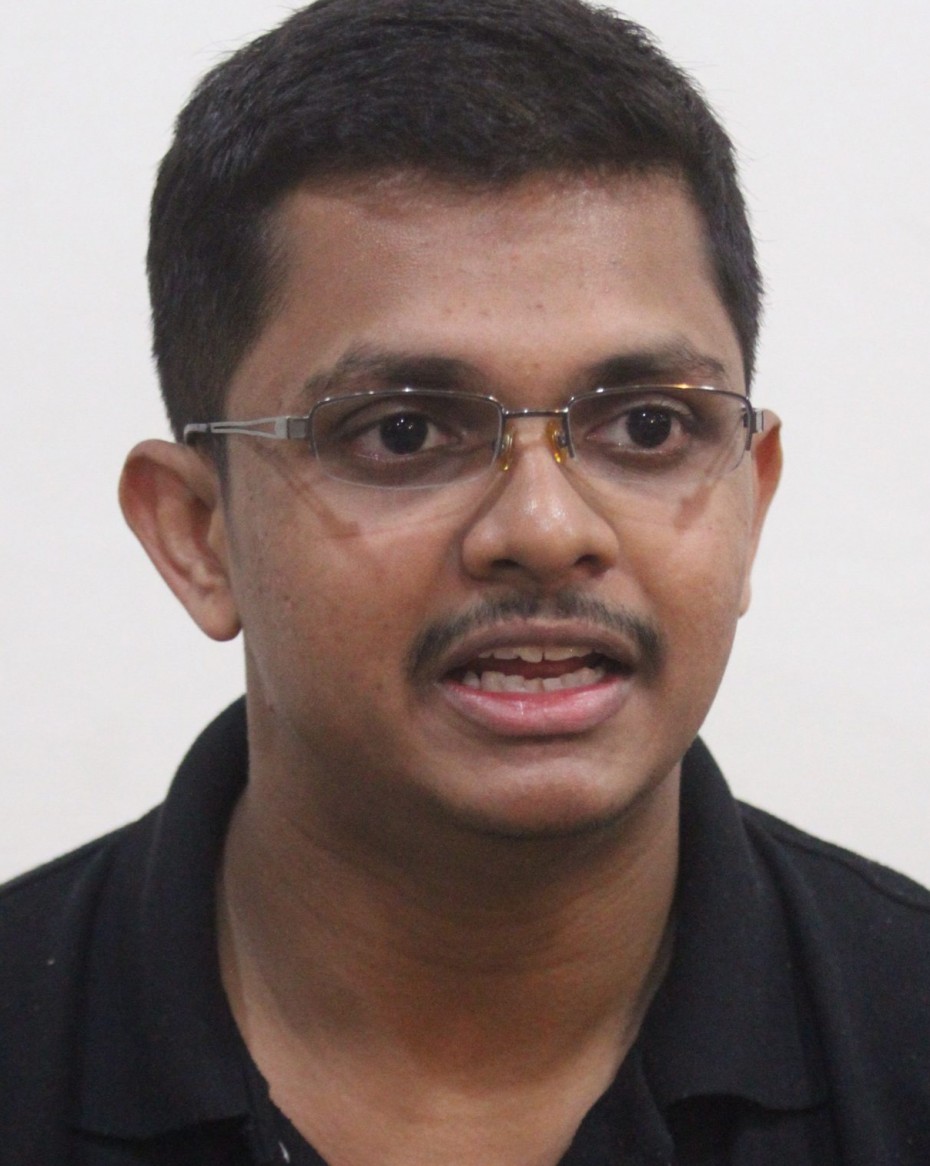
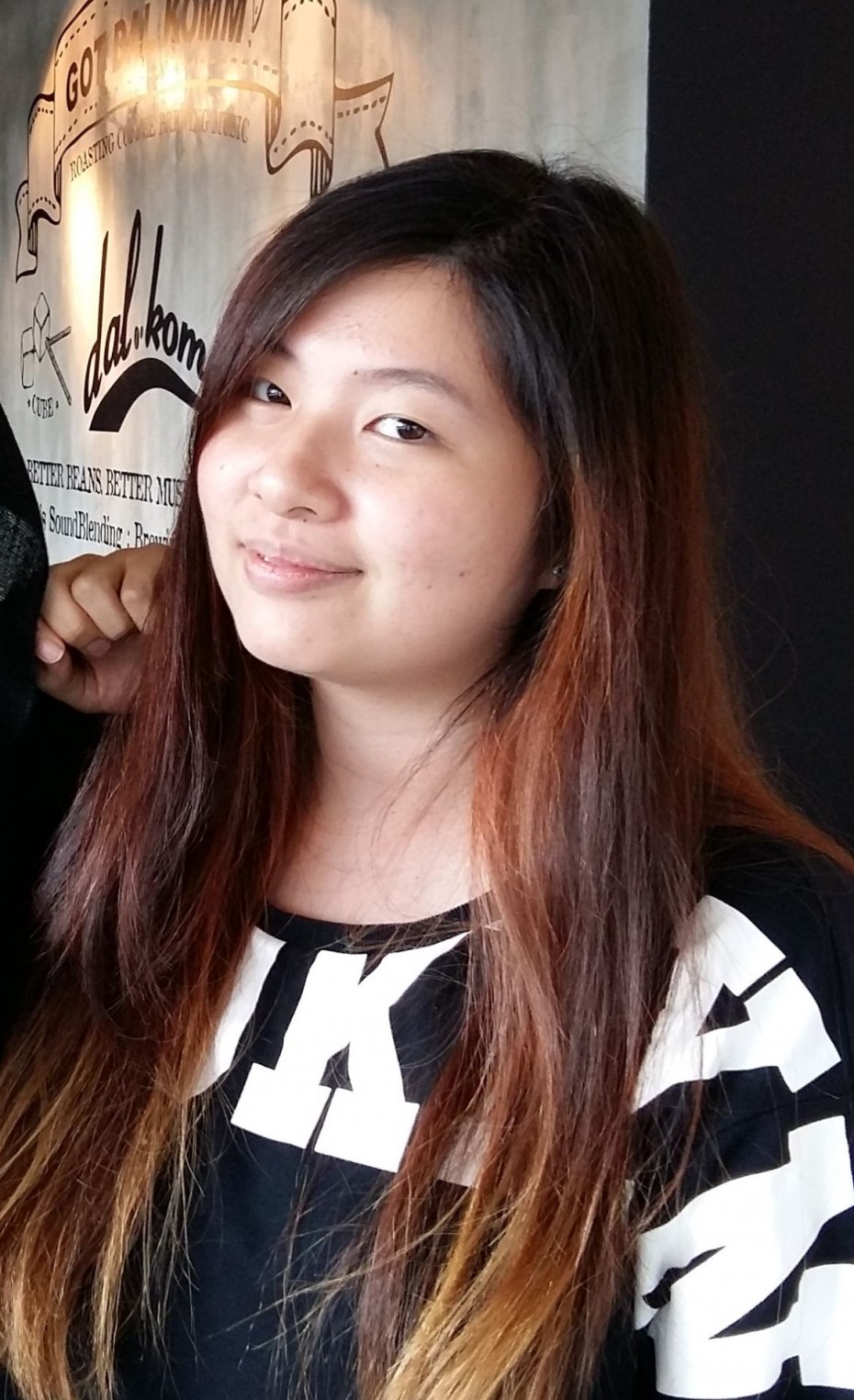
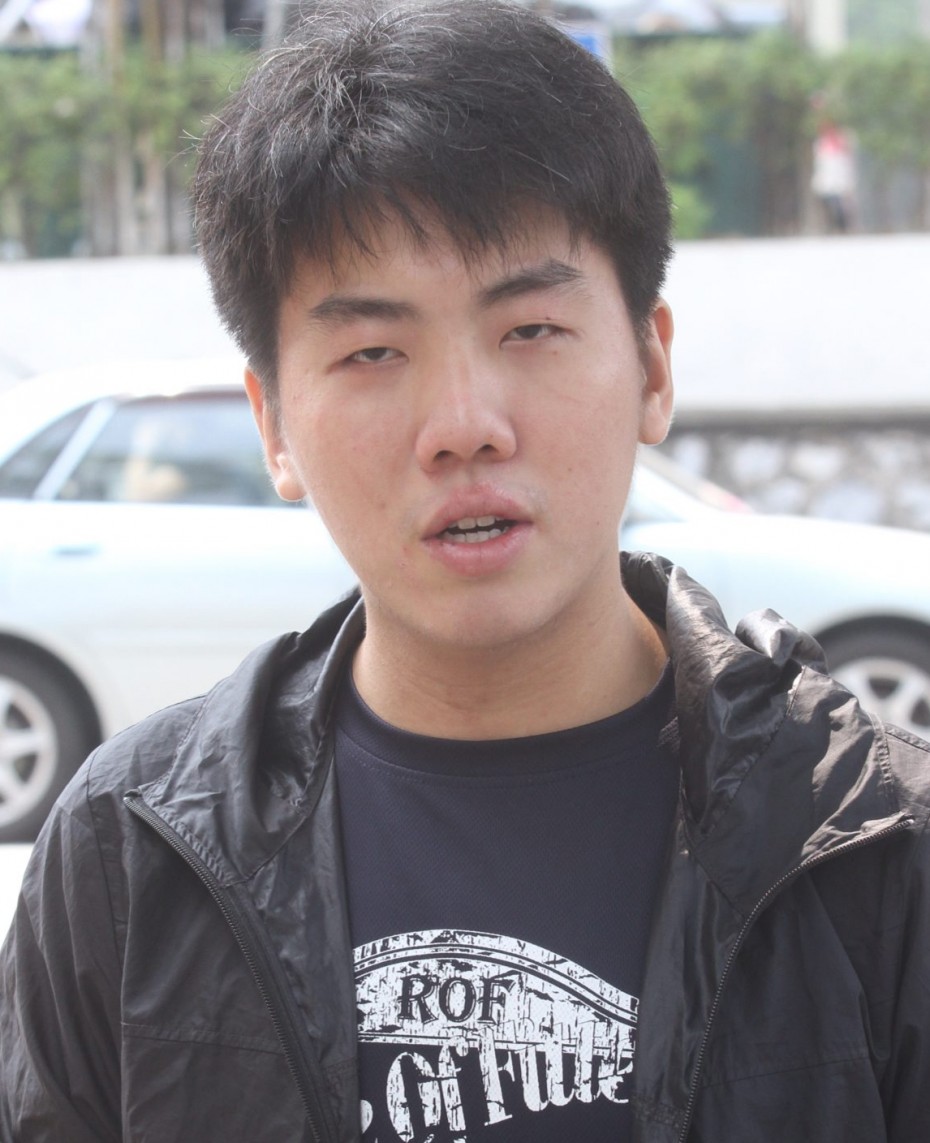
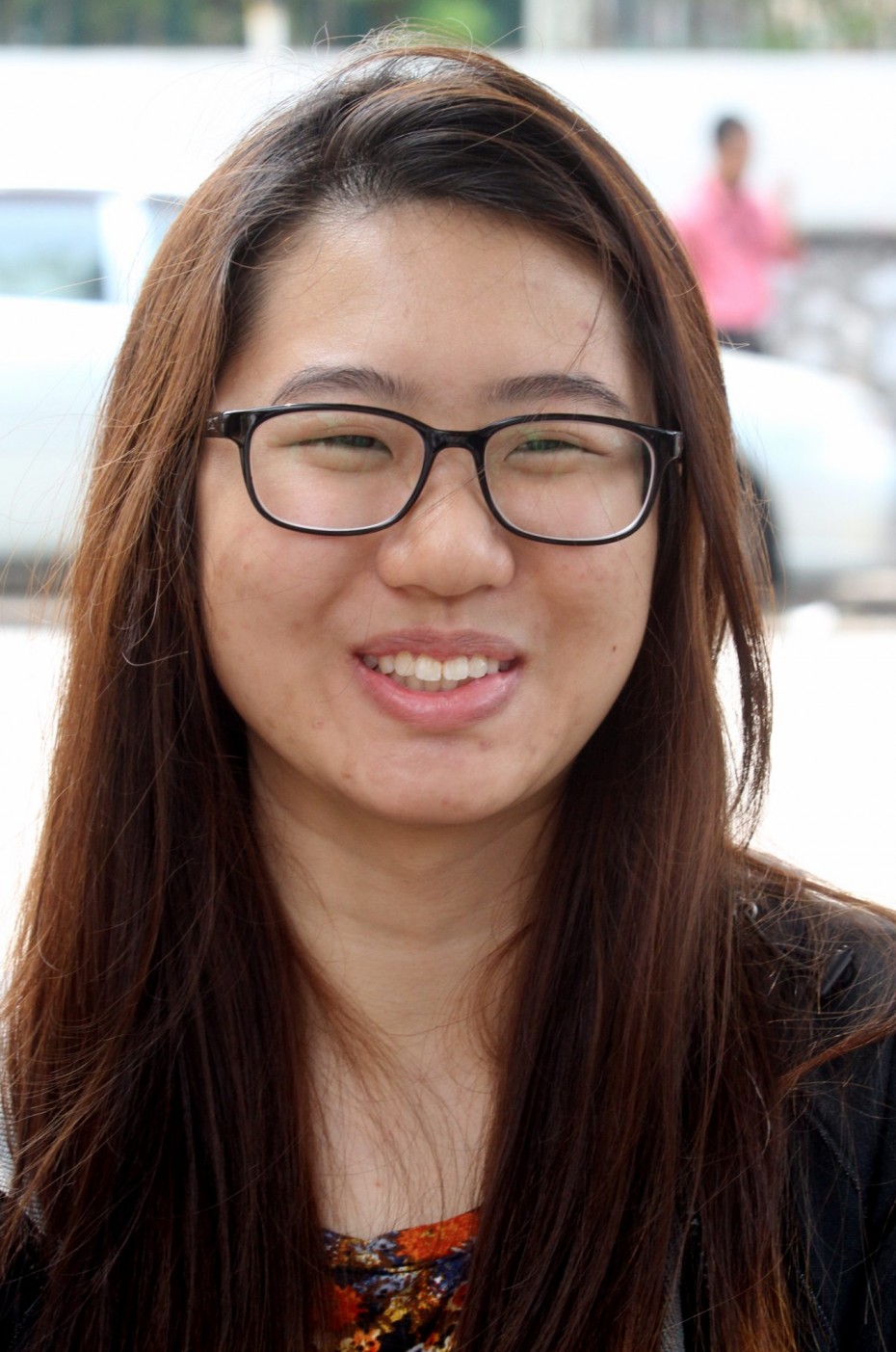
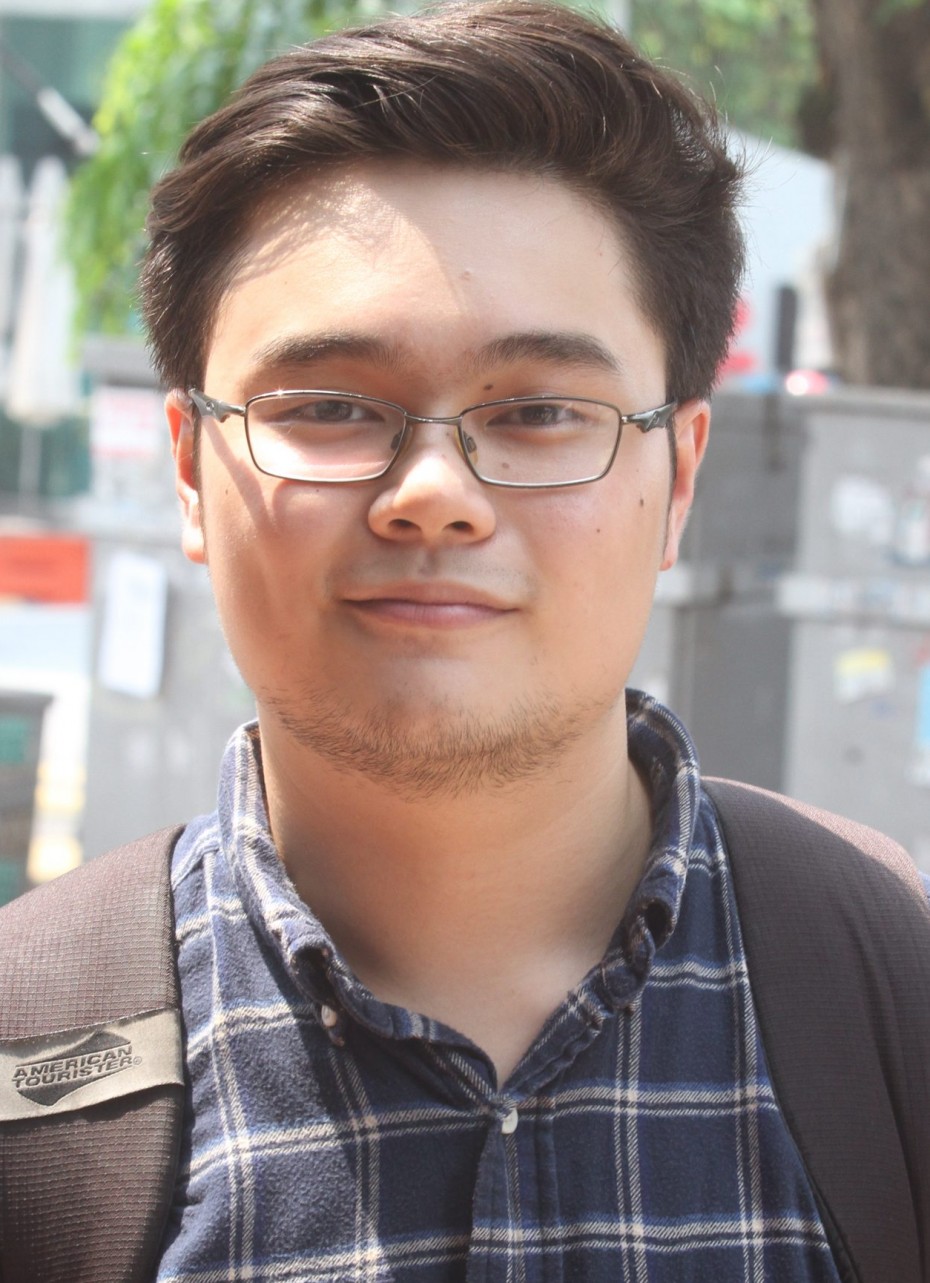
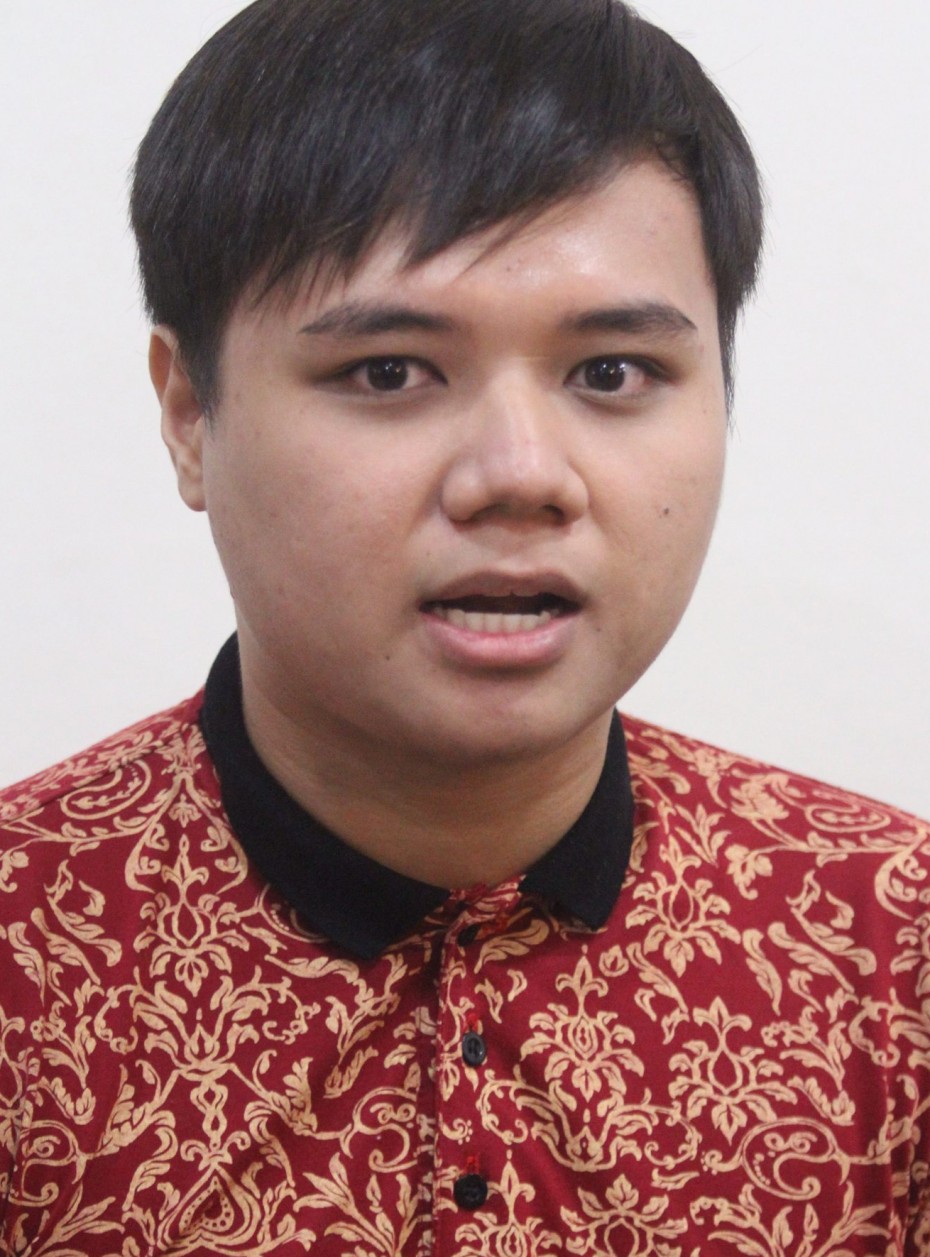
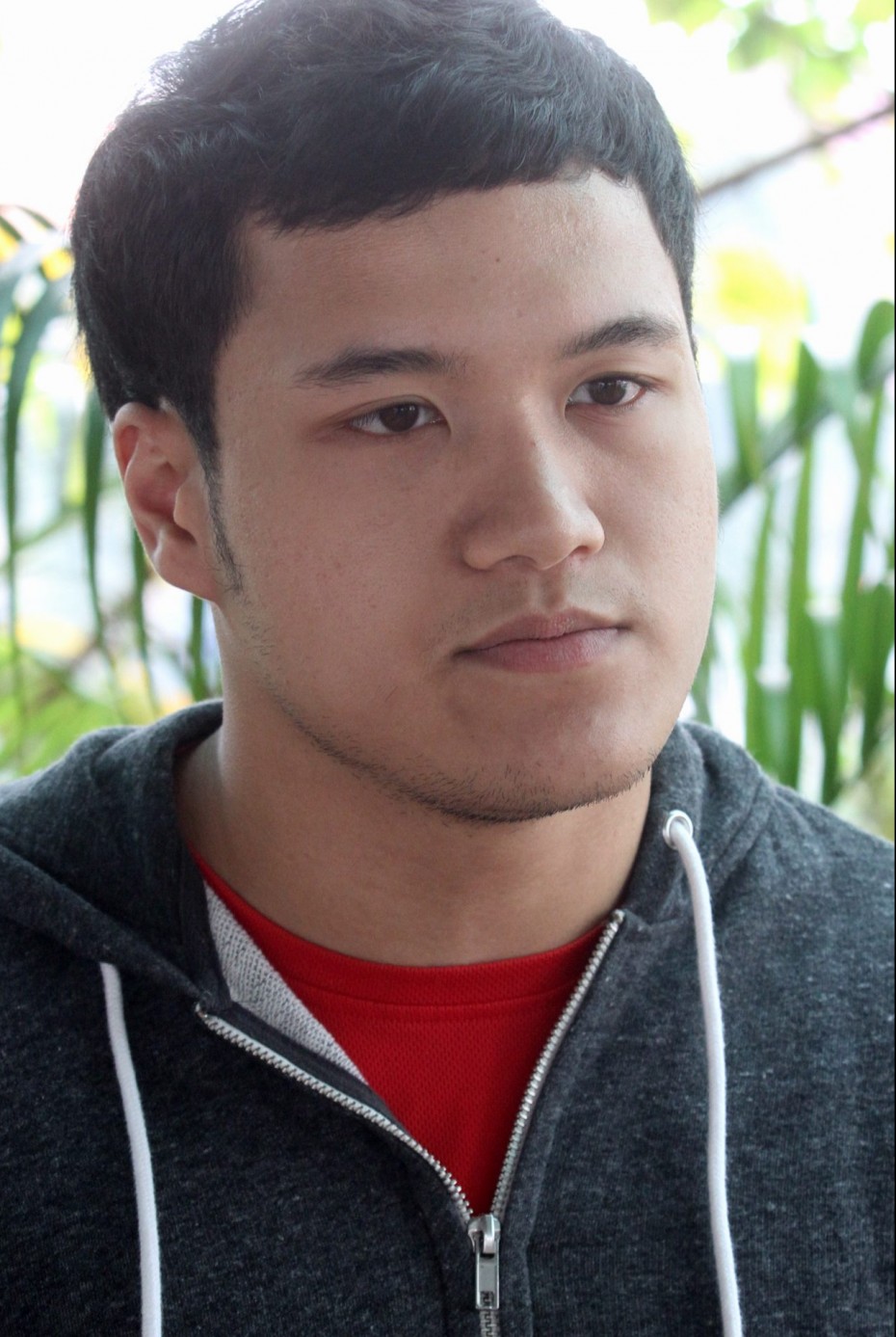





Tell us what you think!